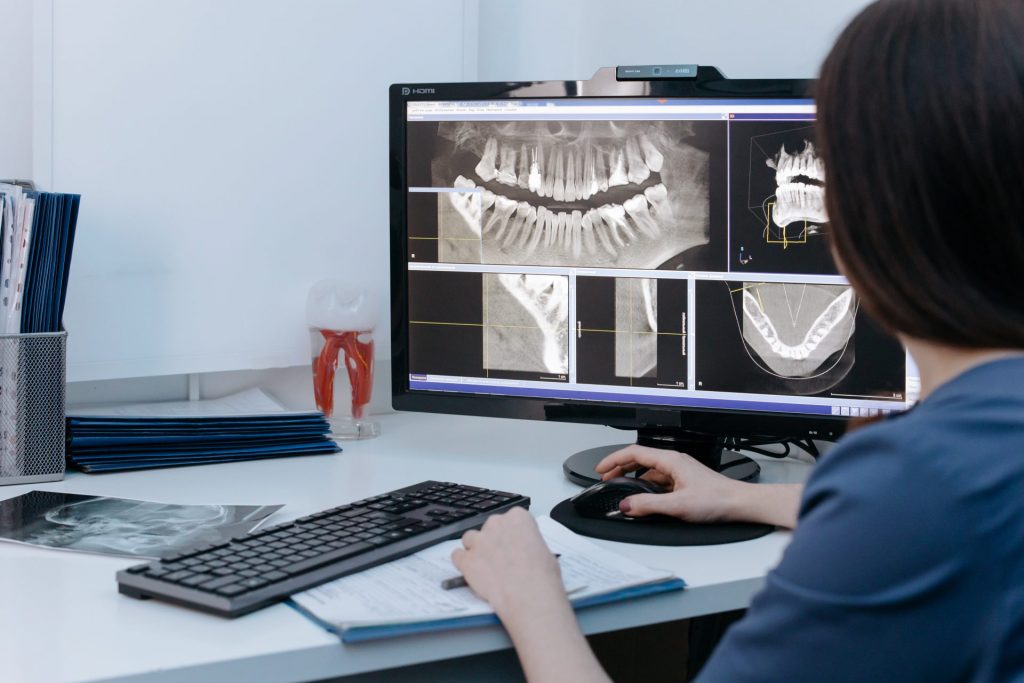Do you find yourself clenching down on your jaw when you’re stressed or anxious? Or perhaps you grind your teeth at night? Have you also noticed pain in your mouth, which is making it difficult to do necessary, everyday things – like chew food or talk? If so, chances are you’re a sufferer of TMD. What is TMD? Is it serious? How can it be treated? These are all questions that we have answered here!
What is TMJ/TMD?
Temporomandibular Joint Disorder (TMJ or TMD) is a condition that affects the temporomandibular joint, the fulcrum connecting your temporal skull bones to your jaw. This hinge allows you to comfortably do things like chew, talk and yawn – it’s a pretty important part of your body!
What causes TMD?
TMJ refers to any injury or soreness with this joint. Catalysts for TMD include arthritis, grinding or clenching teeth, anxiety or stress can also cause a clenching of the jaw or tightening of the teeth, a heavy strike or blow to the face, or even whiplash.
What are the signs and symptoms?
Common symptoms of the TMJ include aches in or around the ear, trouble chewing and swallowing or opening and closing the mouth, swelling on the side of the face, sensitive teeth, a clicking or popping sound when opening or clothing the mouth, or a rigid jaw that can feel locked.
Now we have a grasp on what TMD is, and the signs by which we can recognise it – but what can we do to treat this uncomfortable and annoying disorder?
There are myriad at-home methods you can do to relieve the symptoms of TMJ. Warming and cooling the affected area by applying warm and cold presses in intervals of around ten minutes, can provide you with temporary relief to the pain.
What you eat can also have an impact on the level of pain you endure as a sufferer of TMD; a diet of soft foods will be much easier than foods which require excessive chewing or for the mouth to widen. Common culprits include raw carrots and chewing gum.
Whilst at home remedies may offer relief from the pain and discomfort caused by TMJ for a period of time, they do not treat it, or offer any long term results. If pain persists you’ll need to visit a professional such as a dentist or a GP
Millennium Dental, a TMJ dentist located in Mosman, NSW, offer a full range of therapies for TMD and treat TMJ pain. Call 02 9969 5572 to find out more about our it.
If you’re suffering from pain and discomfort from what you believe could be TMJ, don’t wait any longer – call today and seek permanent relief and a wider smile today!







